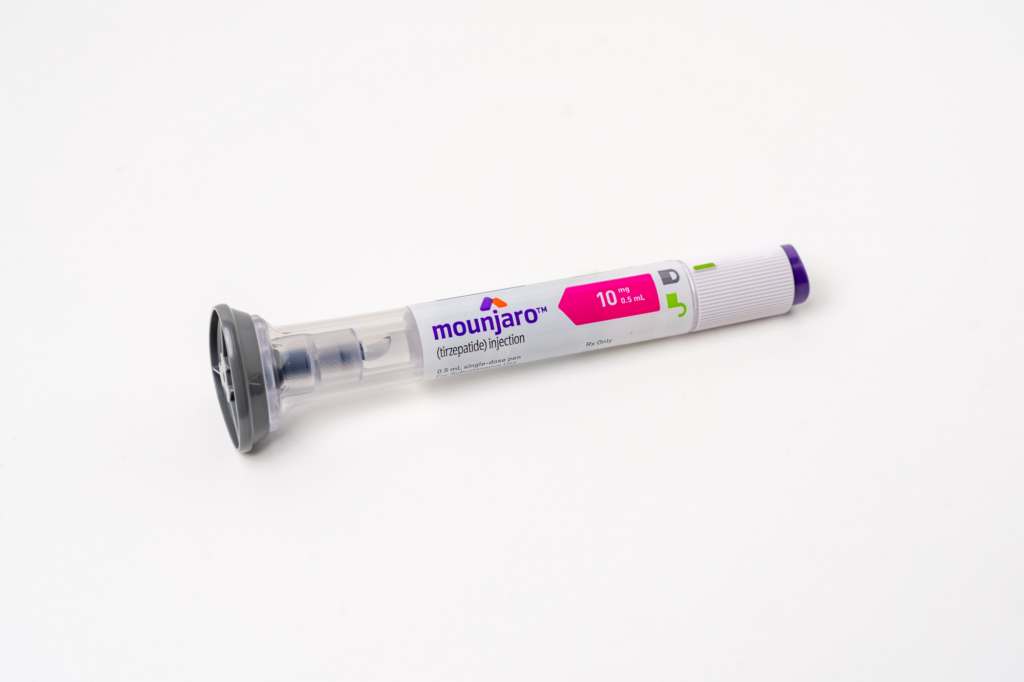One of every three people age 65 reports some level of hearing loss. Evidence is growing that over the counter pain relievers may account for some of hearing loss in these older Americans. A new study, from the American Journal of Epidemiology, shows that six more years of use of non-steroidal, anti-inflammatory drugs (NSAIDS), such ibuprofen, and other over-the-counter pain medication like as acetaminophen are associated with hearing loss in women over 60. According to the National Institutes of Health data, as many as two–thirds of women in the United States in this age group have some degree of hearing loss.

“Hearing loss is extremely common in the United States and can have a profound impact on quality of life,” said senior author Gary Curhan, a physician in the Channing Division of Network Medicine at Brigham and Women’s Hospital. “Finding modifiable risk factors could help us identify ways to lower risk before hearing loss begins and slow progression in those with hearing loss.”
The researchers note that this study shows a moderate risk, though the health implications for older women is significant. “Although the magnitude of higher risk of hearing loss with analgesic use was modest, given how commonly these medications are used, even a small increase in risk could have important health implications. Assuming causality, this would mean that approximately 16.2 percent of hearing loss occurring in these women could be due to ibuprofen or acetaminophen use,” said Curhan.
The longer the duration of ibuprofen or acetaminophen use, the higher risk for hearing loss. This study did not find a significant association between hearing loss and duration of usual–dose aspirin use. (Hearing loss is an established side effect of high dosages of aspirin, but such doses have become uncommon over the last two decades.)
The study’s authors note that the National Institutes of Health data are limited to mostly older, white women and that further investigation in larger groups and among other populations will be important to understand the connection between hearing loss and pain reliever use. The team has previously published findings that indicate that higher frequency use of NSAIDs and acetaminophen are associated with higher risk of hearing loss in men and younger women.
Source:








